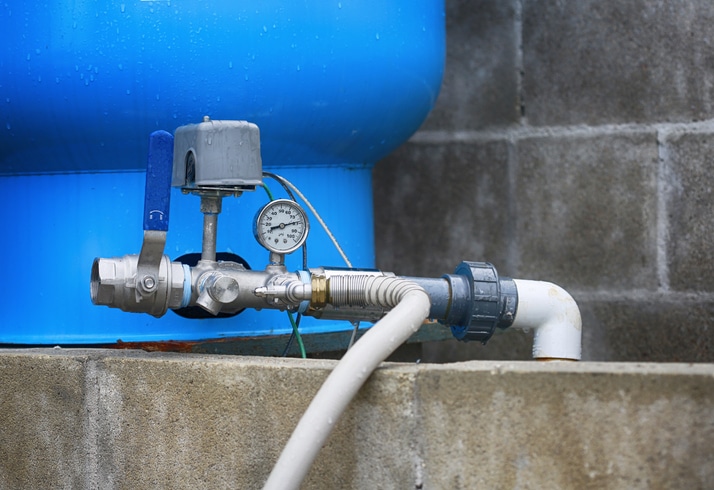Types of Wells: Which One Is Right for You?
Access to a reliable water source is crucial for any household, particularly those located away from municipal water supplies. The best part? Selecting the right type of residential water well can ensure a consistent and safe water supply to meet your family’s needs!
This guide from our Easterday-Wilson team will explore the different types of residential water wells and the essential factors to consider when making your choice.
Types of Residential Water Wells
- Dug Wells
Dug wells are the most traditional type, constructed by hand or with machinery through excavation. Typically, they are shallow—around 10 to 30 feet deep—and rely on groundwater seepage to fill. While they are less expensive to construct due to their shallow depth, dug wells are more susceptible to contamination and water supply fluctuations. - Driven Wells
Driven wells are constructed by driving a small-diameter pipe into the ground. These wells are usually deeper than dug wells, ranging from about 30 to 50 feet deep. Suitable for areas with loose soil, driven wells are less prone to contamination than dug wells but still rely on near-surface water sources, which can limit their reliability in drought-prone areas. - Drilled Wells
Drilled wells are created using rotary or percussion drilling machines and can reach depths of several hundred feet. This well type is best for accessing deep aquifers, providing a more consistent and safer water supply. Their construction ensures greater protection from surface contaminants and can cater to more extensive water demands.
Factors to Consider
- Water Needs: Consider your household’s daily water usage. Larger families or farms may require the more robust supply offered by drilled wells.
- Budget: Initial costs for well construction can vary significantly. Dug and driven wells are more economical upfront but might incur additional maintenance costs over time. Drilled wells, while more expensive initially, offer long-term reliability and lower contamination risks.
- Local Geology: The type of soil and rock formations in your area will influence the well type you can install. Areas with stable, water-bearing rock layers are ideal for drilled wells, whereas regions with sandy or loose soils might benefit more from driven wells.
- Regulatory Requirements: Check local regulations and permits needed for well construction. Some areas may restrict the types of wells that can be installed based on environmental considerations.
Contact Us For The Best in Groundwater Well Maintenance
If you’re looking for someone you can trust to repair, maintain, or test your well to ensure it’s safe, Easterday-Wilson Water Services can help. Our professional service crews have the knowledge and ability to fix all of your water issues. Call us at 301-831-5170 for additional information and schedule your free water evaluation today.


